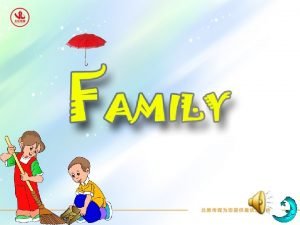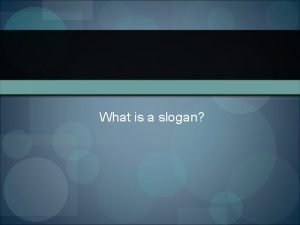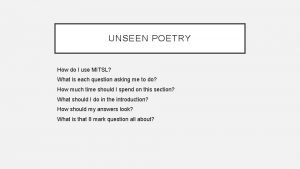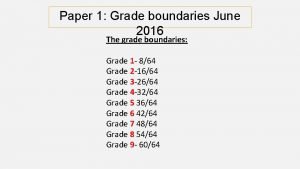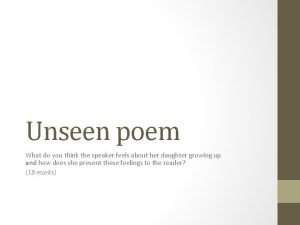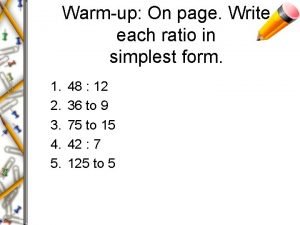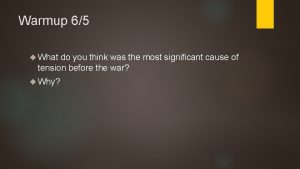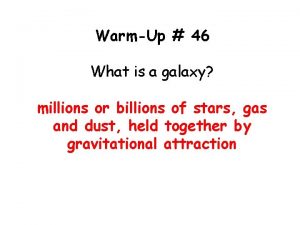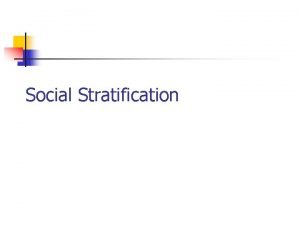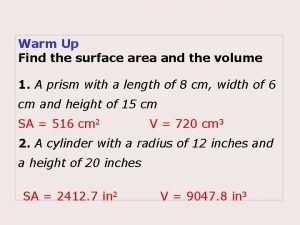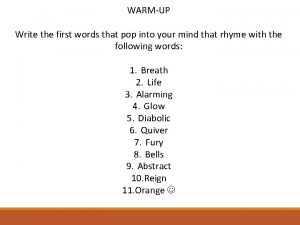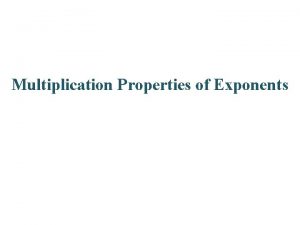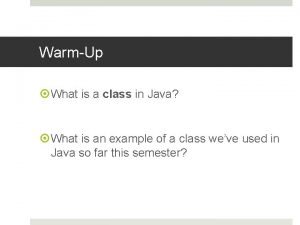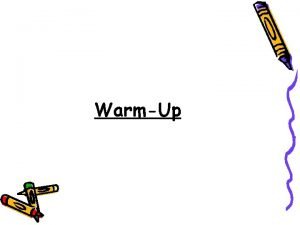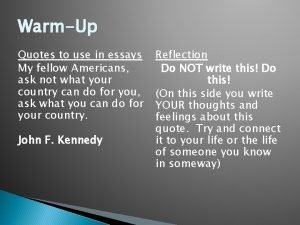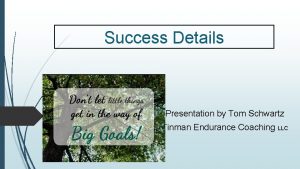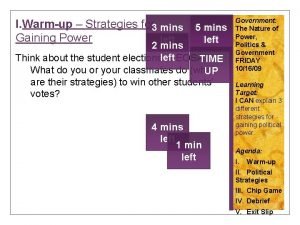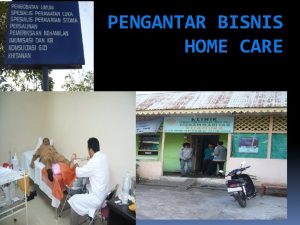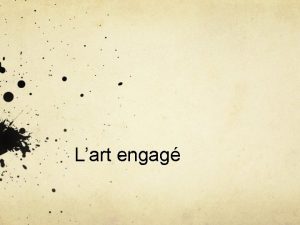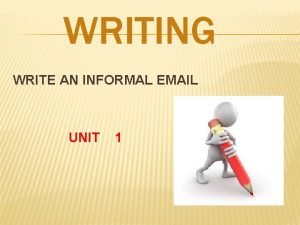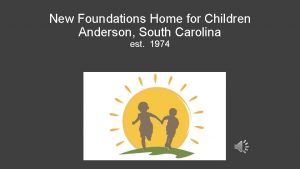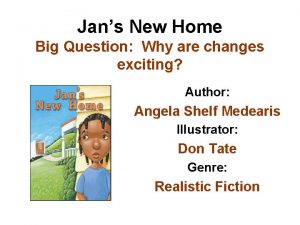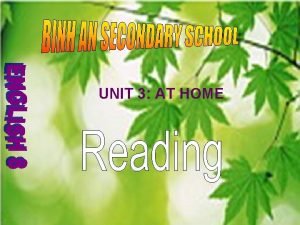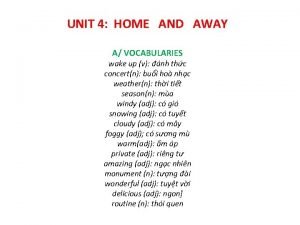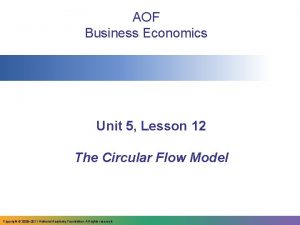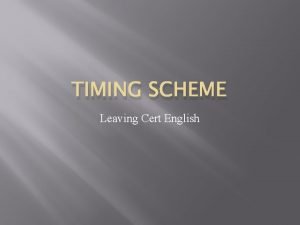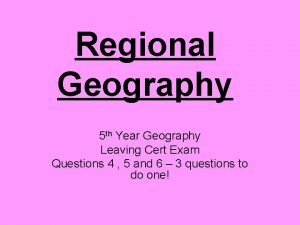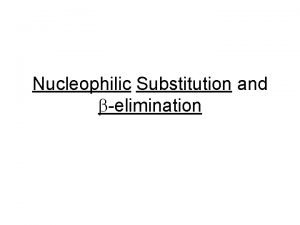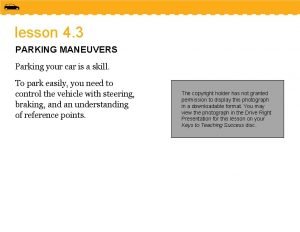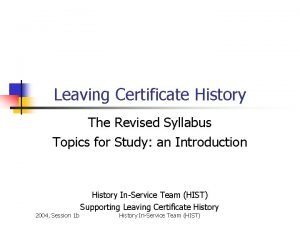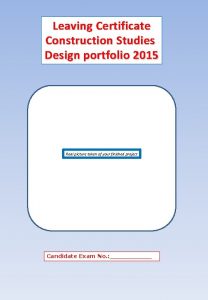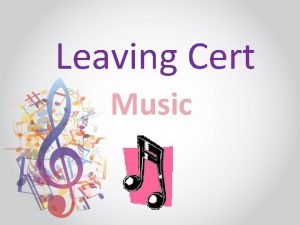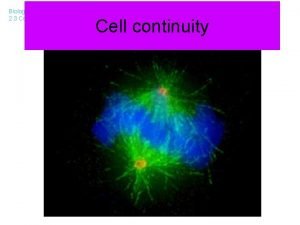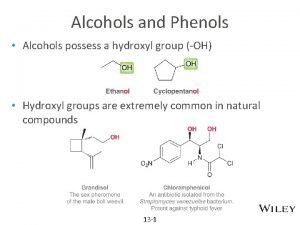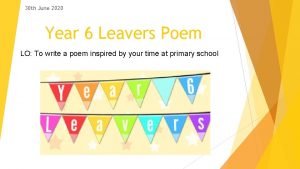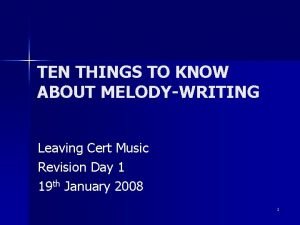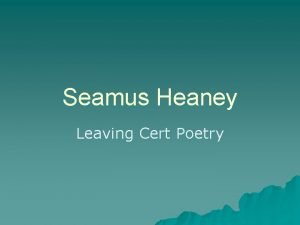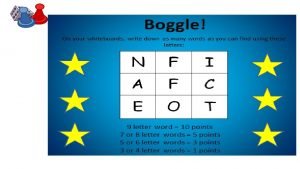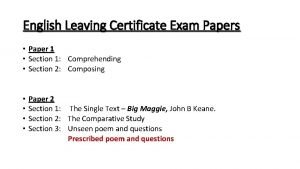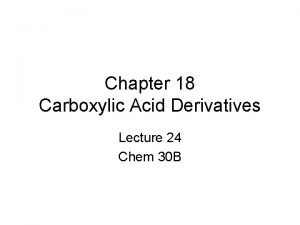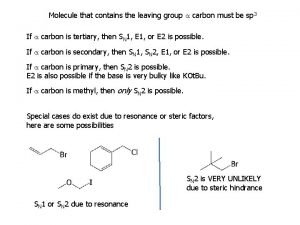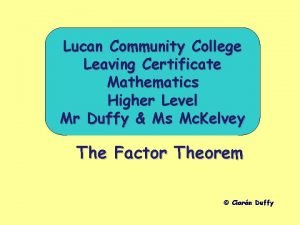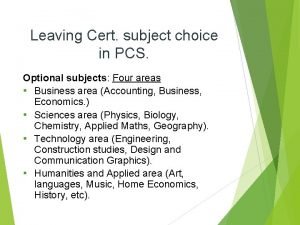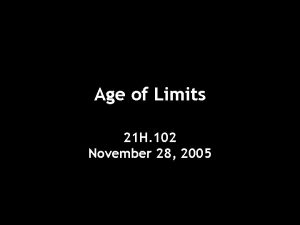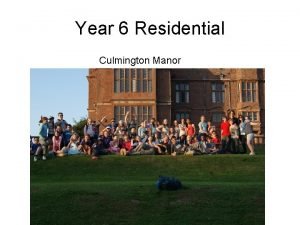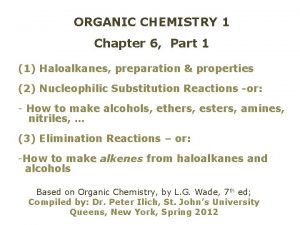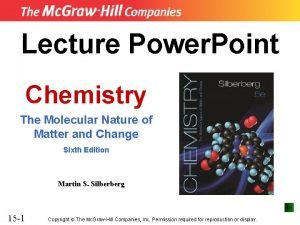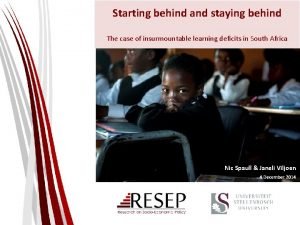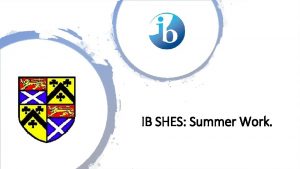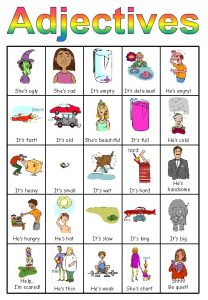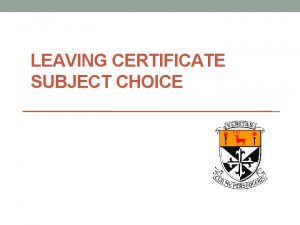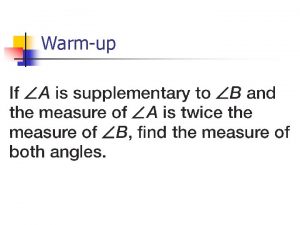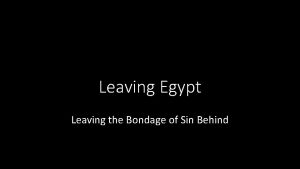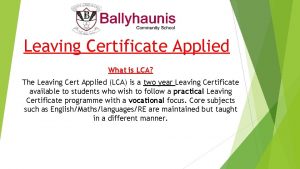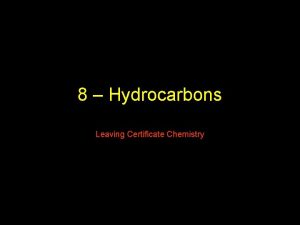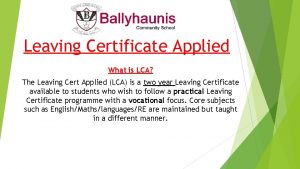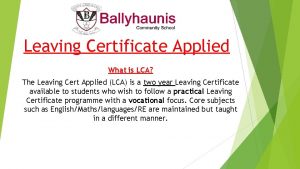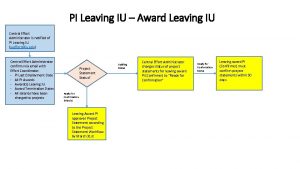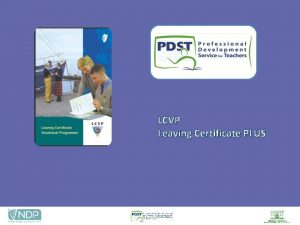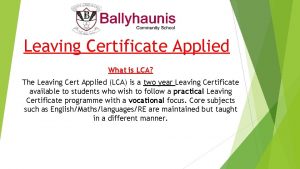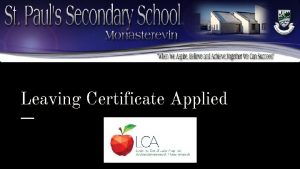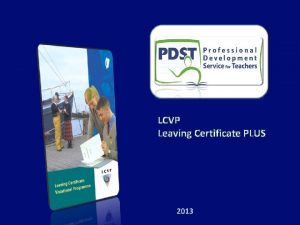Unit 12 Shes Leaving Home Overview Warmup New






















































































- Slides: 86

Unit 12 She’s Leaving Home

Overview • • • Warm-up New words and expressions A global picture A detailed study of Text I Practices & Homework

Warm-up — Discussion • Do you remember the days when you were leaving for the university? • How did you feel when you left home the first time for university? • What does home mean to you?

New Words and Expressions • Reading aloud (pa. 185) • Getting familiar with the new words – Word derivation – Word differentiation – Word association

Parts of Speech Verbs (12) • clutter • slug • nurse • flounder • tease • lean • extend • ground • stroke • bolt • sway • smear Adjectives (7) • open • distant • occasional • questioning • romanticized • bittersweet • horrible Noun (10) • jumper • annoyance • spot • estrangement • outing • reminiscence • identity • tip • transition • goody

Word Derivation Verbs Nouns Adjectives lean extend extension extensive reminiscence reminiscent identify identity identical transition question transitional transitive questioning horrify horror horrible romanticize romanticism romance romanticized

Word Derivation V. clutter flounder smear N. clutter flounder smear V. slug stroke annoy N. slug stroke annoyance V. nurse bolt estrange N. nurse bolt estrangement V. tease sway N. tease sway

Word Differentiation Extent; extend; expand • The chairperson extended a warm welcome to the guest speaker. • The Sahara Desert extends for miles. (=reaches) • From the top of the Empire State Building, you can see the full extent of Manhattan (=the area it covers). • Rosie’s teacher was impressed by the extent of her knowledge. • The air in the balloon expands when heated. • They expanded their retail operations during the 1990 s.

Word Differentiation Stroke vs. Strike • She lovingly stroked Chris’s face with the tips of her fingers. (=move… gently over) • Don’t be frightened, just give the horse a stroke. • She suffered/had a stroke which left her unable to speak. (=a sudden change in the blood supply) • Have you ever been struck by lightning? (=hit or attack) • Her car went out of control and struck an oncoming vehicle.

Word Differentiation Smear vs. Swear • She swore blind (that) she didn’t know what had happened to the money. (=promise definitely) • In some countries, witnesses in court have to swear on the Bible. • A few of us knew what was going to happen, but we were sworn to secrecy. • The children had smeared peanut butter all over the sofa. (=spread… over a surface) • Can you explain why the front of your car is smeared with blood?

Word Differentiation • Outing vs. Hiking • Rosie’s going on a class outing to the Museum of Modern Art. (=a short pleasure trip for a group of people) • We’re going hiking in the Lake District next weekend. (=go for a long walk in the countryside)

Word Differentiation Slug vs. Slap • She slugged him and he fell against the bar. (=hit hard with the fist) slug <Am. E= bullet> • She slapped his face. (=hit with the flat part of the hand or other flat object) • When her ideas were rejected, she slapped her report (down) on the table and stormed out of the meeting. • His friend slapped him on the back when he said he was getting married. (=hit lightly to show friendliness)

Word Differentiation Bolt vs. Sway • The thief tried to make a bolt for the exit. • Don’t bolt your food like that — you’ll get indigestion. (=eat very quickly) • The trees were swaying in the wind. (=move slowly from side to side) • The movement of the ship caused the mast to sway from side to side. • Recent developments have swayed the balance of power in the region.

Word Differentiation Tease vs. Lean • I was only teasing, I didn’t mean to upset you. • She leaned forward and whispered something in my ear. • I sat down next to Bernard, who leaned over to me and said, “You’re late. ” • Lean your head back a bit. • That fence is leaning to the right.

Word Differentiation Identity vs. Identification • We were asked to show some identification before the security guards would let us in. • The man’s identity was being kept secret while he was helping police with enquiries. • The information was given a new identity for protection. (=a different name and new official documents) • In prison people often suffer from a loss of identity.

Word Differentiation Romanticized vs. Romantic • Stop romanticizing! Nothing’s that perfect. • You used to be so romantic, but now you never tell me that you love me.

Word Differentiation Floundered vs. Confused • Although his business was a success, his marriage was floundering. • In 1986 Richardson resigned as chairman, leaving the company floundering. • You’re confusing him! Tell him slowly and one thing at a time. • You’re confusing me with my sister, she’s the one studying drama. (=mix up)

Conversion(词类转化) • You can happy your friend, malice or foot your enemy, or fall an axe on his neck. — William Shakespeare • Conversion, or functional shift, is a kind of word-formation process, in which a noun or an adjective may be converted into a verb.

Examples of Conversion Nouns • eye 眼睛 • nose 鼻子 • lip 嘴唇 • beard 胡子 • brain 脑子 • knee 膝盖 • elbow 肘 Verbs • to eye 看 • to nose 闻,察出 • to lip 接吻 • to beard 公然面对/反抗 • to beard 砍破脑袋 • to knee 用膝盖撞击 • to elbow 用肘推

Examples of Conversion Nouns • worm 虫 • dog 狗 • fish 鱼 • fox 狐狸 • ape 猿 • mouse 老鼠 • wolf 狼 Verbs • to worm into one’s confidence • to dog one’s footsteps • to fish out 套出话来;掏出 • to fox 欺骗 • to ape 模仿 • to mouse 暗中追踪 • to wolf 狼吞虎咽

Examples of Conversion Nouns • father 父亲 • mother 母亲 • nurse 护士,保姆 • bottle 瓶子 • corner 角落 • ground 地面 Verbs • to father 做父亲 • to mother 抚养 • to nurse 照料, (婴儿)吃奶 • to bottle 装瓶 • to corner 使走投无路 • to ground 搁浅,罚(孩子) 不准出去

Examples of Conversion Adjectives • round 圆的 • sour 酸的 • wet 潮湿的 • dry 干的 • narrow 狭窄的 • brave 勇敢的 • bare 赤裸的 Verbs • to round 使成圆形 • to sour 使成酸味 • to wet 使之潮湿 • to dry 变干 • to narrow 使之……狭窄 • to brave 冒着……,敢于 • to bare 暴露

Oxymoron (矛盾修饰) • In oxymoron apparently contradictory terms are combined to produce a special effect. – When the news of the failure came, all his friends said that it was a victorious defeat. – She read the long awaited letter with a tearful smile.

Examples of Oxymoron • • bittersweet memories sweet sorrow a wise fool a foolish wise true lies cold fire living death honest thief • He is guilty of being innocent. • No light, only darkness visible. — Paradise Lost by John Milton

Understanding the New Words Clutter • The room is ~ed (up) with boxes and stuff.

Understanding the New Words jumper = pullover • cardigan 开衫 • blouse 宽松外套 • nightgown 女睡衣 • slacks 长裤 • jerkin 猎装 • jellaba 连帽外衣

Understanding the New Words Goody → <often pl. > <infml. > Goodies • She had got us all sorts of delicious goodies for tea.

A Global Picture • • What type of writing is the text? Narration. What is the author’s purpose of writing? To unveil the author’s emotion as a mother when her child is leaving home.

Overview • Review • Detailed Study of the Text – Comprehension – Sentence Highlight – Language Points – Emily Dickinson

Review — Words lutteredup with toys. • The room was c______ nnoyance • “Go away!” she replied with a_____. • My wife likes to wear a j____ umper over a blouse in autumn. lugged each other until both fell • The two men s_______ down to the ground. istant • The two boys are d____ relatives. strangement • The quarrel led to a complete e_______ between her and her family.

Review — Words easing you. • Don’t take it seriously. He was only t____ • His r_______ eminiscences of the war attracted a very large audience. uestioning • When he told me the story, I cast a q____ glance at him. • The h_______ orrible accident caused the bridge to collapse. olted at the sight of a policeman. • The thief b______

Structure of the Text Part I (para. 1 -8) My daughter Allie is leaving home for university and there are changes in her mood and actions Part II (para. 9 -12) A recall of the past when I took good care of Allie and kept her close to me Part IV Part III (para. 13 -16) (para. 17 -20) I want the romanticized parting, but Allie has concealed her feeling and is cold to me The touching event — Allie is back to me

Comprehension Questions • What preparations has Allie made for her university life? • Why is Allie impatient with her mother? • Why do you think paragraph 8 changes from the present tense into the past tense? • What do you think of the writer as a mother?

Comprehension Questions • How did the writer keep her daughter close to her when her daughter was in her teens and when she studied at secondary school? • What is the most horrible of all mother phrases according to the author? • What are the tips for parents from Allie’s university? • In what way does the author respond to her daughter when she finishes reading the tips?

Comprehension • The simple present tense used in the text renders accounts or narrations of events more vivid, more direct and more dramatic. It appears that everything described by means of the simple present tense emerges directly before your eyes.

Sentence Highlight • Her face, once so open and trusting, is closed to me. (para. 7) • Her face, which indicated that she was ready to accept opinions from others and trust others, now shows that she is not willing to listen to me and trust me.

Sentence Highlight • When other mothers were already the estrangement they felt with their adolescent daughters, I hit upon a solution: rescue raids. (para. 10) • When other mothers were already turned away in affection by their teenage daughters, an idea of how to solve the problem suddenly occurred to me: take quick action to keep my daughter close to me.

Sentence Highlight • I want the romanticized version. (para. 13) • I want the kind of parting characterized by emotional words and behavior.

Sentence Highlight • But as she prepares to depart, Allie’s feelings have gone underground. (para. 14) • But as she gets ready to leave home for university, Allie’s feelings have been concealed or covered up. • However, as she is about to go to university, Allie has hidden or covered up her feelings.

Sentence Highlight • Some say the tighter your bond with your child, the greater her need to break away, to establish her own identity in the world. (para. 15) • Some people tell me that the closer your rein over your child, the greater her need to stay away from you to set up her own identity in the world.

Language Points • Leave for (para. 1): go away in order to go to – When shall we leave for the party? • Future tense – We’re inviting several friends to a party. – I’m going to stay at home and write letters. – The train gets in at 7: 30. – The Prime Minister is to visit Canada next month. – I was about to go to bed when there was a knock at the door.

Language Points • Blanket (para. 1) rug carpet

Language Points • Give sb a look (para. 3): • Look: expression on sb’s face – Mike gave him such a severe look that he didn’t dare to argue. – He gave me a funny look. – She threw him a dirty look. – They exchanged meaningful looks.

Language Points • Open (para. 7) – I’m always ~ to suggestions. – Let’s be ~ with each other. – He’s an extremely frank and ~ person. • Struggle to (para. 7): try extremely hard to achieve – They struggled just to pay their bills. – She’s struggling to bring up a family on a very low income.

Language Points • Adventure (para. 7): – When you are a child, life is one big ~. • Sigh (para. 8): – She sighed with relief that it was all over. • Cf: sign…out (para. 10): to write sb’s name when leaving – You must sign guest out when they leave the club. 客人 离开俱乐部时,你必须为他们签退。

Language Points • might have done (para. 8): – The pills might have helped him, if only he’d taken them regularly. – I might have said something improper to make her angry. • would do (para. 10) – When my parents were away, my grandmother would take care of me. – He’d always be the first to offer to help.

Language Points • Connect (pa. 9): <esp Am E> form a good relationship with sb so that you like and understand each other – They met a couple of times but they didn’t really ~. • Spot (para. 9): – This looks a nice ~ for a picnic. (=a particular place) – The police were called and they were on the ~ within three minutes. – You can be sacked on the ~ for stealing. (=immediately)

• Nurse (para. 9): – He gave up his job so that he could ~ his mother at home. (=care for while they are ill) – These young trees were carefully ~d by the head gardener. – She ~d the crying child on her lap. • Lock eyes (para. 9): – – His teeth locked together in anger. Several cars were ~ed together in the crash. They ~ed arms and walked off. The lovers were ~ed together in a long kiss.

Language Points • Hit upon (para. 10): – She hit upon the perfect title for her new novel. – I hit my head on the low doorway. • Rescue raids (para. 10): sudden quick attacks with the intention to save sb – They were arrested during a dawn raid. – They carried out a bombing raid on enemy bases. – They navy are on a search and rescue mission.

Language Points • Show up (para. 10): – Did everyone you invited ~ up? (=arrive as expected) – I waited for an hour but she didn’t ~ up. – The unexpected riots ~ed up the deficiencies in police training. (=to be easily seen) – When we go to parties my husband always ~s me up by telling rude jokes. (=cause to feel shame)

Comprehension Questions • 1. What do you think of the writer as a mother? • 2. How did the writer keep her daughter close to her when her daughter was in her teens and when she studied at secondary school?

Language Points • A couple of (para. 12): – Wait for a couple of minutes. – I’ve seen her a couple of years ago. – There a couple of things I have to do first. • Lower (para. 12): – Please lower your voice. – They’ve lowered their price from $150 to $100.

Language Points • Adopt (para. 13): – He adopted an air of indifference. – All three teams adopted different approaches to the problem. • Version (para. 13): – Their versions of how the accident happened conflict. (=description of an event) – Did you watch the film ~ of “War and Peace”?

Language Points • Reminiscence (para. 13): – The novel contains endless ~s of/about the author’s youth. – My grandfather used to reminisce about his years in the navy. – That song is so reminiscent of my adolescence.

Language Points • Depart (para. 14): – The train to Shanghai will ~ from platform 2 in five minutes. • Pull away (para. 14): – He jumped onto the bus just as it was pulling away. – The thieves steadily ~ed away from the police car. – Don’t pull your hand away like that; it makes me think that you don’t care for me.

Language Points • Bond (para. 15): – There is a close bond between them. – The agreement strengthened the ~s between the two countries. • Go through (para. 15): – She’s been going through a bad patch recently. – He’s amazingly cheerful considering all he’s had to go through. 经历了种种磨难,他还那么乐观,令人惊叹。

Language Points • Feel myself wanting (para. 16): – She could feel herself blushing. – He felt a hand touching his shoulder. – She felt her heart beating faster. • Grounded (para. 16): – “You’re grounded for a week!” said the mother. – Children who break the rules may be grounded or not allowed to go out with friends.

Language Points • Approve of (para. 17): – I very much approve of these tests. – I wholeheartedly approve of his actions. • Pamphlet (para. 17): a very thin book containing information about a particular subject

Language Points • Package (para. 18) <Am E> = parcel: a box or bag – Check the list of ingredients on the side of the ~. – We package our products in recyclable materials. – A ~ tour is a vacation organized by a company at a fixed price and that includes the cost of travel and hotels etc. – Cf: packet <Br E>: a small paper/cupboard container

Language Points • Let go of (para. 20): – The hunter ~ go an arrow at the deer. – He ~ go without warning me and I fell backwards. – It’s time to ~ the past go / ~ go of the past. – Come on, enjoy yourself, ~ yourself go. 来吧,尽情地 玩,玩个痛快吧! – He has ~ himself go since he lost his job. (不修边幅) – The garden has been ~ go a bit. (有些荒芜了)

Language Points • Toothpaste (para. 20): 牙膏 – Toothbrush 牙刷 – Toothpick 牙签

• Chin (para. 20): 下巴 • Cf: jaw (下)颌 – He has a strong square jaw. – The punch broke my jaw. cheek jaw chin

Language Points • Bury…in (para. 19): – She always has her head buried in a book. – He buried his face in his hands and wept. – He walked slowly, his hands buried in his pocket. – Since she left, he’s buried himself in his work. – She buried herself in the country to write a book.

Emily Dickinson (18301886) • The greatest and most influential poet in the 19 th century American literature. • She wrote 1775 poems. • She never imitated other. • She was original. • She emphasizes free will and human responsibility. • She holds that beauty, truth and goodness are ultimately one.

Appreciation: A Poem by Emily Dickinson • • I died for Beauty — but was scarce Adjusted in the Tomb When One who died for Truth, was lain In an adjoining Room — • • He questioned softly “Why I failed? ” “For Beauty”, I replied — “And I — for Truth — Themself are One — We Brethren, are”, He said — • • And so, as Kinsmen, met a Night — We talked between the Rooms — Until the Moss had reached our lips — And covered up — our names — • Notes: • scarce…when: 刚 ……就…… • Room: tomb • adjoin: next to • brethren: brothers • themself: themselves • kinsmen: relative • a Night: one night • moss: 苔藓

Practices & Homework • Retelling • Translation Practice • Dealing with the Exercises – Vocabulary exercises – Grammar exercises • Dictation

Review — Retelling • Retell the story – From the point of view of Allie’s mother

Translation Practice • Her brows puckered in annoyance. • The noisy traffic on our street is a constant annoyance. • Much to our annoyance, he failed to keep his appointment. • He stared at us with a look of annoyance.

Translation Practice • During the period of estrangement from his wife, he wrote the book. • 和妻子分居期间,他写了那本书。 • 那场争吵使得他和家人疏远了。 • The quarrel has caused his estrangement from his family. • Having lived in the remote village for over five years, he felt estranged from his former existence.

Translation Practice • A transitional government has been established after the Iraqi war. • There will be an interim government to oversee the transition to democracy. • The course is useful for students who are in transition from one training program to another.

Translation Practice • • • She gently stroked away his tears. He stroked his beard thoughtfully. 这只狗很漂亮,我能摸摸它吗? He’s a beautiful dog. Can I stroke him? He stroked the ball between the posts. 他轻轻一碰,把球踢进球门柱之间。

Translation Practice • All planes out of Heathrow have been grounded by the strikes. • 气球因大风而飞不起来了。 • The balloon was grounded by strong wind. • The fishing boat had been grounded on rocks off the coast of Cornwall. • The pilot was grounded for misconduct.

Translation Practice • I hit on this interesting book in a small book store. • At last someone hit upon taking the other road through the mountains. • 我希望有人能碰巧想出解决问题的办法。 • I hope that someone will hit on a solution to our problem.

Translation Practice • • Would you please turn down the heating? He proposed to her, but she turned him down. 谢谢,但是我不得不拒绝你的好意。 Thank you, but I’ll have to turn down your offer (of help). • He has been turned down for ten jobs so far. • He turned down the card one after another. • 他把牌一张张面朝下放好。

Translation Practice • The prisoner broke away from the two policemen who were holding him. • This extremist faction broke away from the main party in 1979. • 这支极端派于1979年脱离了政党。 • She broke away from the pack and opened up a two second lead. • 她甩掉其他参赛者,以两秒领先。

Translation Practice • 伊拉克经历了太多的战争。 • Iraq has gone/been through too many wars. • Certain formalities have to be gone through before you can emigrate. • We went through the scene three times during the rehearsals. • The bill has gone through (Parliament) without a vote.

Translation Practice • She went through the company’s accounts, looking for evidence of fraud. • 在海关,他们检查了我们的行李。 • They went through our luggage at the customs. • Some men go through a pair of socks in no time. • 有些男人很快就能把一双袜子穿坏。

Vocabulary Exercises Prepared or ready? ready for service • The plane was refueled and declared ____ again. preparedstatement. • The police officer read out a ____ Connect or attach? • His flight to Amsterdam connects _______ with an afternoon flight to New York. attached a number of conditions to the • They have _____ agreement.

Vocabulary Exercises Solution or key? solution • Attempts to find a ______ to this problem have failed. • The ______ is, how long can the federal government key control the inflation rate? Depart or leave? • The plane leaves ______ for Dallas at 12: 35. departs from Terminal 3. • Flights for Amsterdam ____

Vocabulary Exercises Advertisement, leaflet, poster or picture? leaflets • We collected some _____ on local places of interest at the airport. posters of his favorite pop stars on the • There are ____ bedroom walls. advertisement in the local • Why not put an _______ newspaper to sell your car?

Vocabulary Exercises Reliable, honest, trusting or trustworthy? • If you are too _____, trusting other people will take advantage of you. reliable and • We are looking for someone who is _____ hard-working. • You’d better not tell him about it. I don’t think he’s trustworthy very _______.

Vocabulary Exercises Spot, location, scene or point? • The movie was shot entirely on _____ in Italy. location • The baby’s whole body was covered in small red ____. spots • Firefighters were on the _____ immediately. scene points • I’ll wait for you at the meeting ____ in the arrivals hall. 我将在进港大厅的迎接点等你。

Vocabulary Exercises Extend, expand, stretch or widen? stretch • The refugee camps _____ as far as the eyes can see. extend • I should like to _____ my thanks to you for your kindness. expand • The air in the balloon _____ when heated. widen • As it approaches the sea, the river begins to ______.

Grammar Exercises • Page 191 -192

Dictation • The friend-type parents, / as the term implies, / treat their children as friends. / They are generous and wise. / Like good friends, / they discuss with their children the latest news, / share their children’s interests, / and listen attentively to their children’s expression of emotion, / whether it is anger, fear, joy or sorrow. / They have an intimate relationship with their children / while adhering to their principled stand. / They discuss problems with their children / rather than provide ready solutions. / They respect their children as their equals. / • They often say, / “Let’s put our heads together and see what we can do. ”

Thank you!
 Cartoon shes
Cartoon shes Poster slogan example
Poster slogan example New mobile home sales oak springs mobile home community
New mobile home sales oak springs mobile home community New mobile home sales oak springs mobile home community
New mobile home sales oak springs mobile home community Unit 3 home sweet home
Unit 3 home sweet home Mitsl
Mitsl When your child leaves home poem
When your child leaves home poem To a daughter leaving home poem
To a daughter leaving home poem Warmup ratio
Warmup ratio Warmup 65
Warmup 65 Gmass warmup
Gmass warmup Status vs class
Status vs class Pyramid warmup
Pyramid warmup Warm rhyming words
Warm rhyming words Product of powers
Product of powers Java warmup
Java warmup Define:warmup
Define:warmup Pathos story
Pathos story Tinman schwartz
Tinman schwartz Warmup 65
Warmup 65 Warmup end
Warmup end Xfinity home security touch screen battery
Xfinity home security touch screen battery Lagi
Lagi Perbedaan home care dan home visit
Perbedaan home care dan home visit Come home come home jesus is calling
Come home come home jesus is calling What did you say
What did you say André fougeron
André fougeron She said that, home economics stands for the ideal home.
She said that, home economics stands for the ideal home. Home sweet home survival
Home sweet home survival How to write a informal email
How to write a informal email Unit 10, unit 10 review tests, unit 10 general test
Unit 10, unit 10 review tests, unit 10 general test New home selections checklist
New home selections checklist New foundations anderson sc
New foundations anderson sc Freinds
Freinds You must put all chemicals and drugs in locked cupboards
You must put all chemicals and drugs in locked cupboards Away from home 4
Away from home 4 Economics unit 5 lesson 4
Economics unit 5 lesson 4 In this unit you learned to talk about home maintenance
In this unit you learned to talk about home maintenance Wb yeats essay leaving cert
Wb yeats essay leaving cert Question b leaving cert english
Question b leaving cert english Mezzogiorno map leaving cert
Mezzogiorno map leaving cert Leaving group
Leaving group Parking maneuvers worksheet
Parking maneuvers worksheet Living on a jet plane
Living on a jet plane Leaving cert history syllabus
Leaving cert history syllabus Construction leaving cert portfolio
Construction leaving cert portfolio Nitrogen cycle diagram leaving cert
Nitrogen cycle diagram leaving cert Soil types in ireland
Soil types in ireland Leaving cert pe pap
Leaving cert pe pap Music technology leaving cert
Music technology leaving cert Propyl bromide
Propyl bromide The prodigal bishop
The prodigal bishop 2019 elizabeth bishop sample answer
2019 elizabeth bishop sample answer Comparative question leaving cert english
Comparative question leaving cert english How old are janie and jody now?
How old are janie and jody now? Cash flow statement leaving cert
Cash flow statement leaving cert Business abbreviations leaving cert
Business abbreviations leaving cert Cell continuity leaving cert
Cell continuity leaving cert Hydroxyl group
Hydroxyl group Leavers assembly poem
Leavers assembly poem Melody writing leaving cert
Melody writing leaving cert A call seamus heaney leaving cert
A call seamus heaney leaving cert Leaving primary school
Leaving primary school Sources of finance leaving cert business
Sources of finance leaving cert business Leaving cert business philip curry
Leaving cert business philip curry Sylvia plath poems leaving cert
Sylvia plath poems leaving cert Acid halide
Acid halide A balloon leaving the ground 60 ft from an observer
A balloon leaving the ground 60 ft from an observer Montgomery bus boycott leaving cert
Montgomery bus boycott leaving cert Leaving group chart
Leaving group chart Factor theorem leaving cert
Factor theorem leaving cert Respiration experiment leaving cert
Respiration experiment leaving cert Dominic haugh leaving cert history
Dominic haugh leaving cert history Lce leaving cert
Lce leaving cert Primary leaving certificate
Primary leaving certificate Leaving cert subject choice
Leaving cert subject choice Leaving cert history
Leaving cert history Write some expression of greeting and the response
Write some expression of greeting and the response Leaving cert economics definitions
Leaving cert economics definitions Nixon leaving white house
Nixon leaving white house Culmington manor
Culmington manor Leaving certificate
Leaving certificate Order of leaving groups
Order of leaving groups Macbeth questions and answers
Macbeth questions and answers Leaving group order
Leaving group order Frank sinatra start spreading the news
Frank sinatra start spreading the news On leaving on staying behind analysis
On leaving on staying behind analysis
